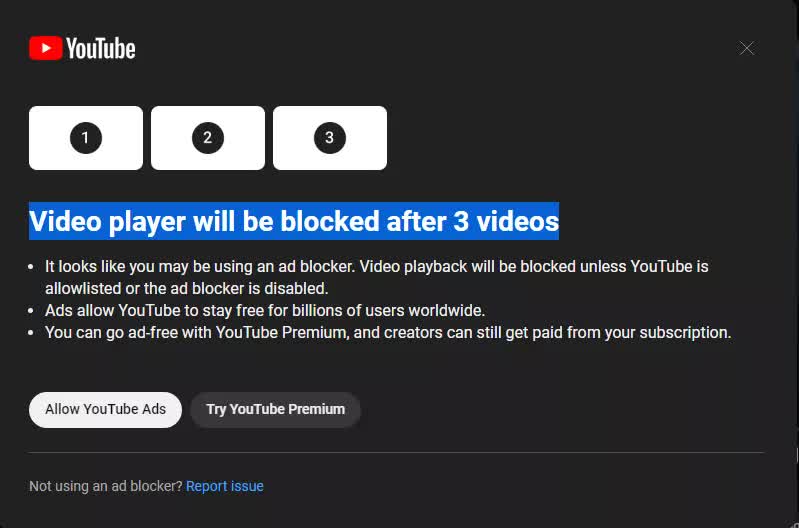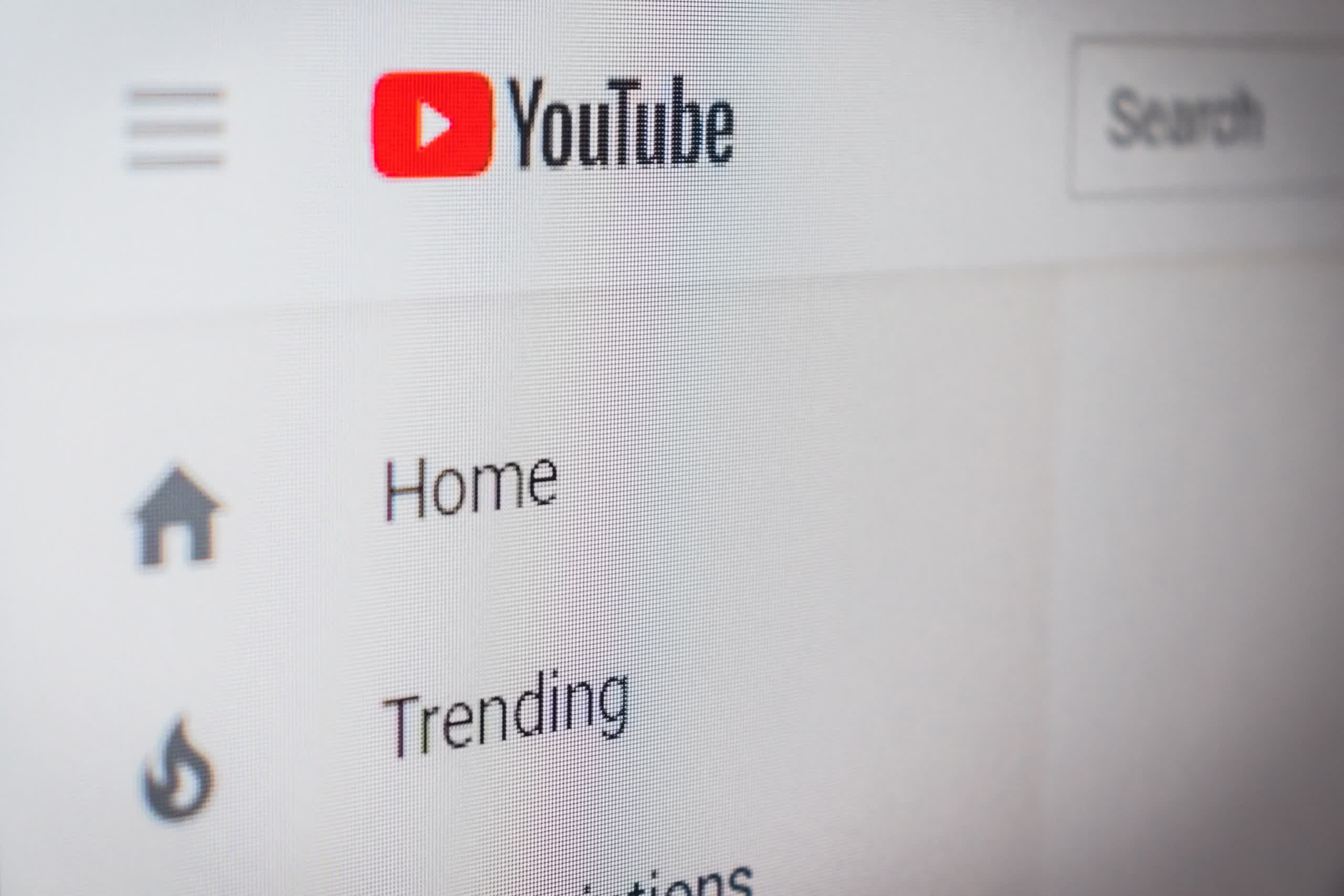The big picture: In what's become a cat-and-mouse game between YouTube and ad blocker developers, Google appears to be making its boldest attack yet. A new policy featured in the Manifest V3 extension platform could destroy ad blockers on YouTube for good, at least on Chrome.
To dissuade users from using ad blockers on YouTube, Google began by pausing videos with a nag to turn off ad blocking. Then, it added an intentional delay when loading videos if a blocker was detected. It was somewhat effective, as developers reported a sharp increase in uninstalls. Now, Google is taking its war directly to those designing Chrome extensions.
Google's Manifest V2 extension platform allows developers to update their extensions very quickly. However, when Manifest V3 becomes mandatory in June 2024, there will be new restrictions that could drastically slow down the rate at which developers can update extensions.
Future extension updates must pass a complete review process before getting approved and sent to users. Ad blockers rely on swift updates to counter updates to YouTube's ad delivery system. The new review process should slow the rollout of updates, giving YouTube time to adjust its algorithms to make ad-blocking attempts less effective.
Engadget recently interviewed developers for some of Chrome's most popular ad-blocking extensions. Krzysztof Modras, director of engineering for the Ghostery extension, stated that Google is "adapting its methods more frequently than ever before." Due to the frequency of changes to YouTube's ad delivery system, developers must change their software's block lists at least daily, sometimes more.

In a FAQ, another popular ad-blocking extension, uBlock Origin, talked about YouTube's war on ad blockers. The statement reads: "YouTube changes their detection scripts regularly, which means there might be times that you encounter their message. It should only happen in brief periods of time after they change scripts and before we updated [sic] our filters."
Manifest V3's new review policy means these filters may take much longer to be updated. Google could intentionally slow down the review process for the extensions, allowing YouTube to stay a step ahead of them.
Users who use ad blockers for everyday YouTube sessions could be in a rough spot once Manifest V3 kicks in next year. Those looking for an ad-blocking "safe haven" may have to look towards other browsers. Mozilla has ensured users that Firefox will not require Manifest V3. However, Google is betting many users will either put up with ads or pay the $13.99 monthly fee for YouTube Premium instead.
Another possible alternative is to use ad blockers that work at the OS level. AdGuard eliminates YouTube ads and was only affected by YouTube's recent changes for a very brief time. You have to pay for the premium version to unlock YouTube ad blocking, but it costs less than $30 per year versus $14 per month. It also has a lifetime license for $80.
